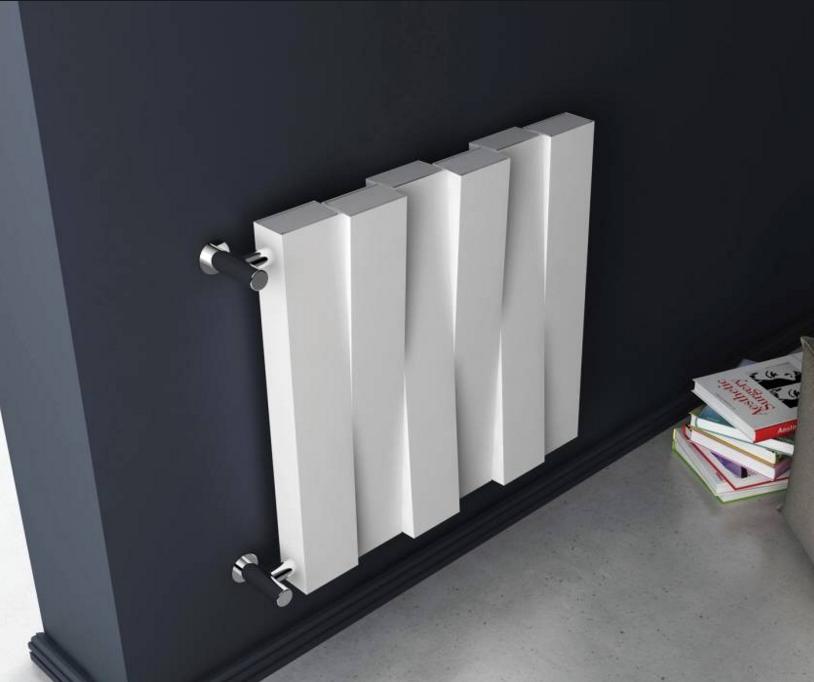Knowing how to suitably and effectively heat your home can make all the difference, particularly in terms of your energy bills, so we thought we’d give you a helping hand.
Join us as we talk about all things heating and discover what your best solution is!
1. What is the optimal heating system?
This is a subjective issue that actually depends on where you live and what kind of house you own, but popular systems include heat pumps, central heating (water radiators) or geothermal energy.
Heat pumps are perfect for areas that enjoy hot temperatures in summer as they can also cool your home, whereas central heating will just be switched off. Geothermal solutions are generally reserved for homes in areas that are hard to access with standard utilities.
2. Which radiators should I choose?
This really comes down to a style choice as all radiators are designed to emit maximum heat.
Tall, lean versions, such as the one shown here, are a modern trend that many people are enjoying. In period houses, traditional cast iron versions with intricate detailing are still a better choice.
Just make sure you don’t block them in or cover them as that will stop the heat from circulating.
3. Heat pump or boiler?
In terms of installation and material costs, boilers are less money in the short term, but will use more energy over their lifetime than a heat pump.
You need to weigh up the cost of overhauling your system; ease of payment and even aesthetic concerns before you make a decision as sometimes the cheaper option isn’t the best!
4. Are stoves and fires a good idea?
On their own, woodburners and fires are rarely enough to heat an entire home but they make fantastic supplementary heat sources for when your heating system needs a little boost.
Remember that stoves and fires also look fab! The only thing to be wary of is buying firewood, as that will add significant costs to your bills.
5. What should I consider when installing a new system?
Your heating system should be perfectly designed to keep heat in the winter and be cool in summer so, if you’re considering a brand new build, you should keep this in mind when selecting your insulation options.
The more you can prevent heat escaping, the better. From there, you can simply opt for the lowest ongoing cost system.
Via smarter house



